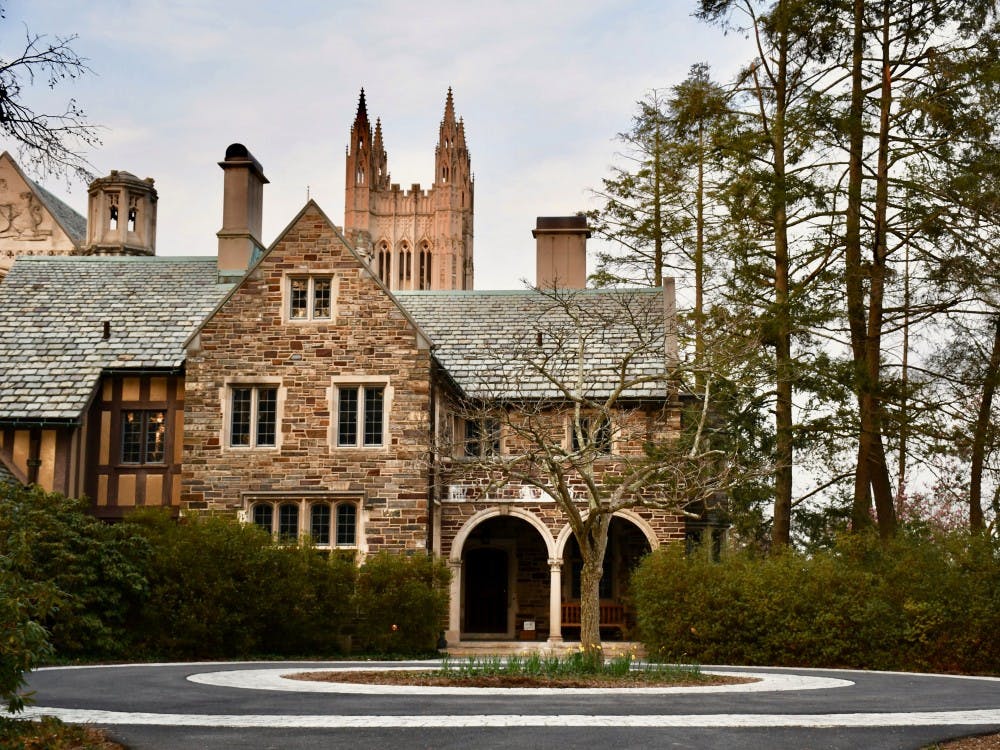The University’s Graduate School’s latest admissions cycle welcomed “the most diverse group of incoming graduate students to Princeton,” according to a Sept. 12 University press release.
The class of graduate students comes from 277 undergraduate institutions. Forty-two percent are international students, hailing from almost 50 countries. The countries with the highest representations are the United States, China, Canada, India, Korea, the UK, Germany, Italy, France, and Turkey.
The University’s press release reported that 43% of the incoming U.S. students (citizens and permanent residents) identify as minorities. According to annual data last finalized on June 15, of the incoming U.S. citizens and permanent residents, 50.4% self identify as white, 17.4% identify as Asian, 12.7% identify as Hispanic/Latino, 7.1% identify as Black/African American, 6.6% Unknown, and 5.5% identified as multiracial. Forty-two percent of the incoming class identifies as women, and 58% as men. Twenty-eight percent of incoming U.S. students identify as low-income or first-generation college students.
“The Graduate School benefits from a diverse student body — as does the whole of the Princeton community — because it is critical to our mission: To make a difference in the world through teaching and research of unsurpassed quality with a pervasive commitment to service,” University Spokesperson Ben Chang wrote in an email to the Prince. “We must admit the talent necessary to achieve that mission, and that talent comes from a wide range of backgrounds and experiences from across the country and around the world.”
The efforts to increase diversity were led by Dean Sarah-Jane Leslie and Associate Dean Renita Miller.
One program that aims to facilitate the transition to Princeton is the Grad Scholars Program (GSP). GSP combines monthly seminars and mentorship with a Grad School dean or staff member “to enhance and support academic, social, and community building during their initial graduate school experience,” Chang said.
The Grad School also features Diversity Fellows — older Graduate Students tasked with fostering community through social events and recruitment efforts. Furthermore, Student Affinity Groups, such as the Black Graduate Caucus, Graduate Women of Color Caucus, Latino Graduate Student Association, First Generation Low-Income Grads, Intersecting Queer Identities, Graduate Women in Science and Engineering and Queer Graduate Caucus, seek to provide community for historically disadvantaged students.
“I think that it’s wonderful that Princeton is making strides to increase its diversity at the graduate level. There is still so much more work to be done though,” said Gabe Borelli, a third year politics graduate student. “Women, people of color, LGTBQ folks, and other groups have been historically marginalized in academia, and until you see them seriously shaping discourse — both in the classroom at institutions like Princeton and in established research in their respective fields — at even greater levels, you’re missing out on key perspectives and experiences that are critical to fully understanding many of the phenomena that academics are attempting to comprehend.”








